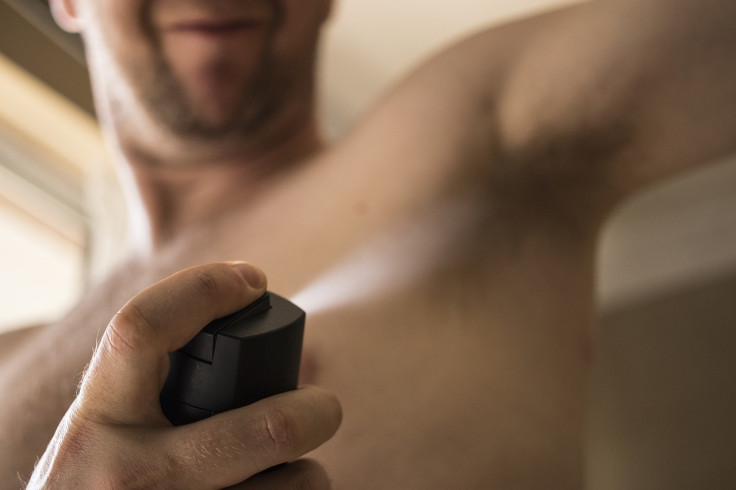Scientists identify DNA of bacteria that causes body odour
Scientists reveal the origins of stinky body odour.
Researchers discover the DNA of bacteria that release unpleasant body odours, paving the way for the creation of better deodorants.
Body odour is the unpleasant smell the body emits when bacteria living on the skin break down protein into acids. Since the olden times, people have been concocting ways on how to deal with the problem.
Recently, UK scientists say they have identified the DNA that unleashes the foul smell, a discovery that could pave the way for manufacturers to create better and more efficient deodorants. The unpleasant scent can be traced back to a "BO enzyme" that has existed for millions of years.
Conducted by researchers at the University of York in partnership with hygiene company Unilever, their findings open the door for the development of more efficient deodorants in the future, SciTechDaily reports. "Solving the structure of this 'BO enzyme' has allowed us to pinpoint the molecular step inside certain bacteria that makes the odour molecules," said Dr Michele Rudden, the co-author of the study. She is a research associate at the University of York.
Scientists specifically identified the DNA of Staphylococcus hominis bacteria, the primary microbe responsible for processing sweat molecules that emit body odour. In the past, researchers at the University of York found that only a small number of bacteria living in the armpits facilitate the unpleasant smell. However, they were unable to pinpoint the exact culprit, that is, until now.
Researchers also found that this infinitesimal pungent microbe was present in the now-extinct prehistoric ancestors. They also surmised that the bacteria may have played a huge role in societal communication during those early times.
For Dr Gordon James, a scientist at Unilever and the study's co-author, the research is an eye-opener. "It was fascinating to discover that a key odour-forming enzyme exists in only a select few armpit bacteria — and evolved there tens of millions of years ago," he said.
The scientists' findings could help deodorant manufacturers create better products that can precisely target these odour-making microbes without harming good bacteria, like in the case of conventional antiperspirants, CBS News reports. This would be similar to a military surgical strike as opposed to carpet-bombing the entire area.
The study, however, is still considered preliminary until its publication in a peer-reviewed scientific journal. It is scheduled to be presented at the annual meeting of the Society for General Microbiology in Birmingham, England.
© Copyright IBTimes 2025. All rights reserved.






















